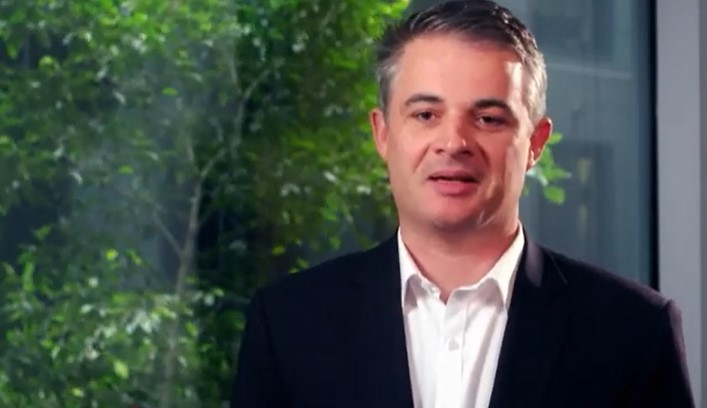Very early on I realised that something was not right in the company. We had anti-corruption training, we'd been told what the legislation is, what the penalties are and examples of it - and in my very first week I was told 'Actually, this does go on in this company'.
What I saw was I was part of meetings where the bribe and the amount of the bribes was being discussed quite openly in various meetings with senior managers.
It's important to me because criminal activity is something that's just not on. It's something I'm not going to be a part of.
It's a cancer in organisations and in the countries where this stuff is done and I wasn't prepared to be part of that and I wanted them to stop what they were doing because I know the damage that corruption does and I was determined to do something about it
Would I do it again? Yes I would. The answer to that is simple for me. Because I knew it was wrong, I knew they were involved in criminal activity, and I was determined to stop it.
I've learnt a lot along the way and it would be easier the second time around, but if I was in that position again, yes I would.


